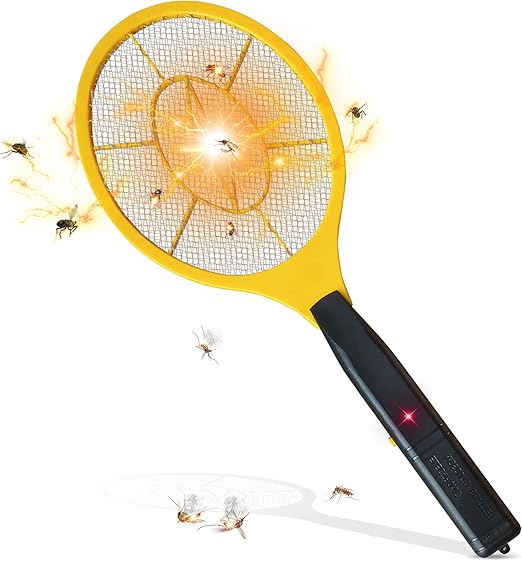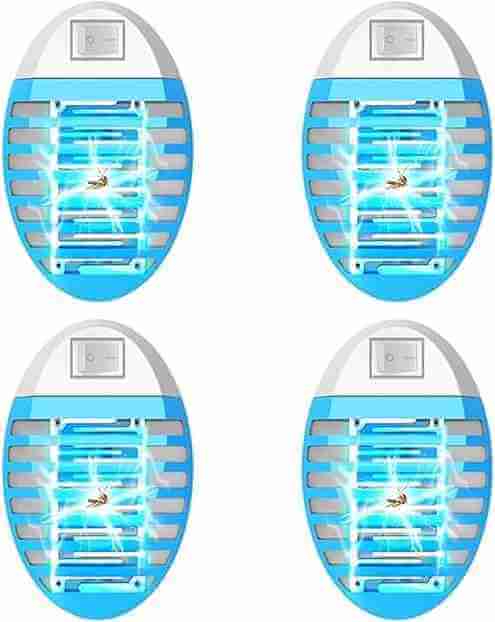Insect Control
Product categories
- All (22)
- Ants Control (23)
- Bed Bugs Removal Products (21)
- Bird Control (23)
- Cat Repeller (20)
- Cockroaches Removal Products (19)
- Fleas Control (20)
- Flies Control (17)
- Insect Control (20)
- Mice Control (18)
- Mole Control (18)
- Pet and Wild Animal Control (1)
- Rodent Control (20)
- Spider Control (19)
- Wasps Removal Products (18)
Showing 1–9 of 20 results
Showing 1–9 of 20 results
Insect Control – Effective Protection for Home and Garden
Insects play an important role in the natural environment, but when certain species find their way into our homes, gardens, or businesses, they can quickly become a nuisance or even a health hazard. From ants in the kitchen to aphids on garden plants, dealing with infestations requires a balanced approach that addresses the problem without disrupting the surrounding environment.
Professional insect control focuses on identifying the specific pest involved, understanding its behavior, and selecting the most appropriate treatment to reduce or eliminate its presence. Whether it’s crawling insects like cockroaches and silverfish, flying insects like flies or wasps, or plant-damaging pests such as caterpillars and beetles, a tailored solution is essential for long-term control.
Prevention and Natural Deterrents
The best way to control insects is often to prevent them from becoming a problem in the first place. Simple actions like sealing gaps, maintaining good hygiene, and managing outdoor waste can make spaces less inviting for pests to settle. In gardens, encouraging biodiversity and using natural deterrents can help reduce the population of harmful insects. Many plants produce scents or substances that naturally repel pests, and attracting beneficial insects like ladybirds or hoverflies can keep damaging populations under control.
Environmental control methods such as ensuring proper drainage, reducing standing water, and keeping food sources sealed or covered also play a big part in prevention. In areas where infestations are already beginning, early detection and rapid response are key to avoiding a wider spread. Natural sprays made from plant-based ingredients or physical barriers such as fine mesh can offer an immediate layer of protection without harsh chemicals.
Targeted Treatments for Indoor and Outdoor Areas
When insect populations grow beyond what can be managed naturally, more targeted solutions are needed. Treatments may involve the use of insecticides that are carefully selected and applied to minimise harm to non-target species and the wider environment. These treatments can be used indoors for areas affected by ants, fleas, or moths, or outdoors where insects are damaging vegetation, nesting in walls, or gathering near food preparation zones.
The goal of insect control is not always complete eradication. In many cases, it’s about establishing a level of balance where insects are kept at bay without harming surrounding life. For flying insects like mosquitoes or flies, repellent systems and traps can help reduce numbers without constant spraying. For insects that breed in hidden spaces, such as woodlice or silverfish, professional-grade dusts or gels may be used to penetrate cracks and voids.
It’s also important to consider the lifecycle of the pest being treated. Some insects lay eggs that survive after adult populations are removed, which means follow-up treatments or residual control measures may be necessary. Growth regulators can disrupt development stages, preventing eggs and larvae from maturing into breeding adults. In doing so, the problem is reduced not just now but in future seasons as well.
Long-Term Benefits of a Managed Approach
Insect control should always be part of a wider plan to protect health, hygiene, and comfort. Left untreated, infestations can lead to property damage, food contamination, or allergic reactions. In commercial settings such as restaurants, warehouses, or offices, insect problems can also impact staff wellbeing and customer confidence. This makes a proactive and professional approach not just advisable, but essential.
Choosing a comprehensive insect control solution ensures that pest pressures are identified early and managed before they escalate. Trained experts can assess each situation and apply the correct product or technique in the right area, at the right time. With proper support and maintenance, insect problems can be kept under control all year round.
Ultimately, the goal is peace of mind—knowing that your home, garden, or business is protected from unwanted insect activity using safe, responsible methods. Whether you’re facing a seasonal surge or a persistent issue, modern insect control solutions can help you maintain clean, healthy surroundings without disruption.









